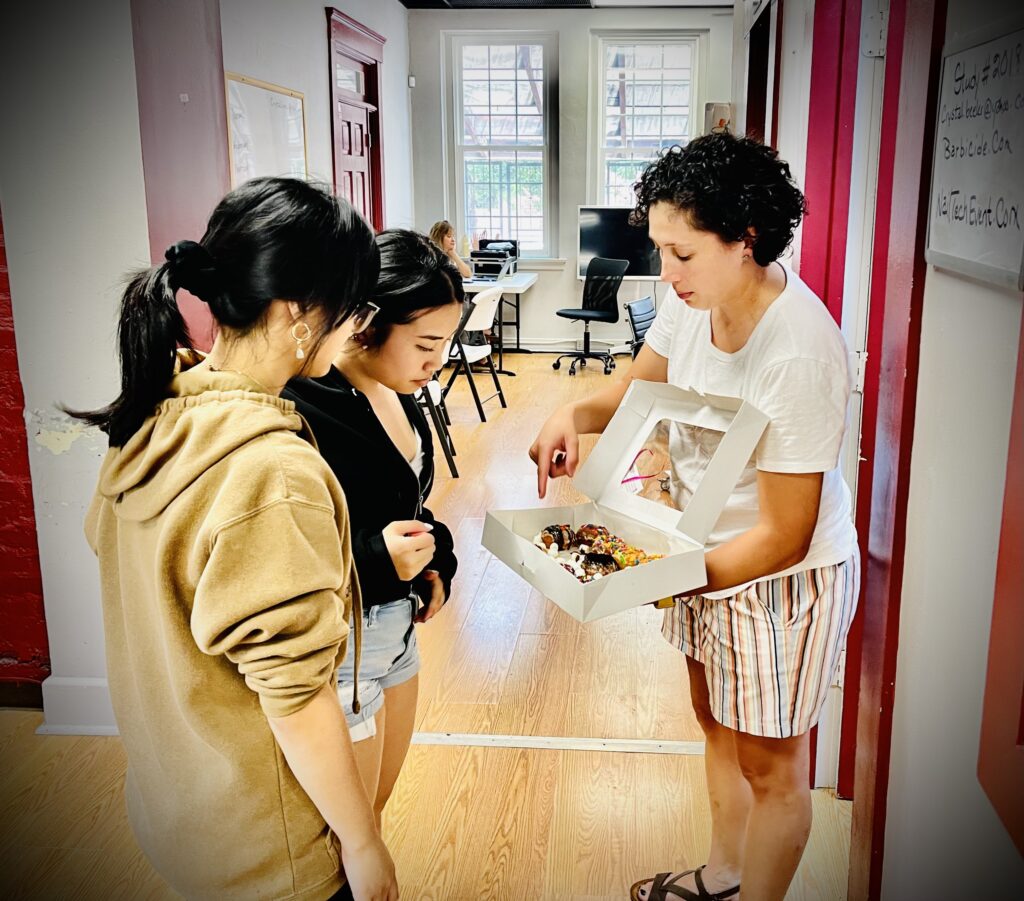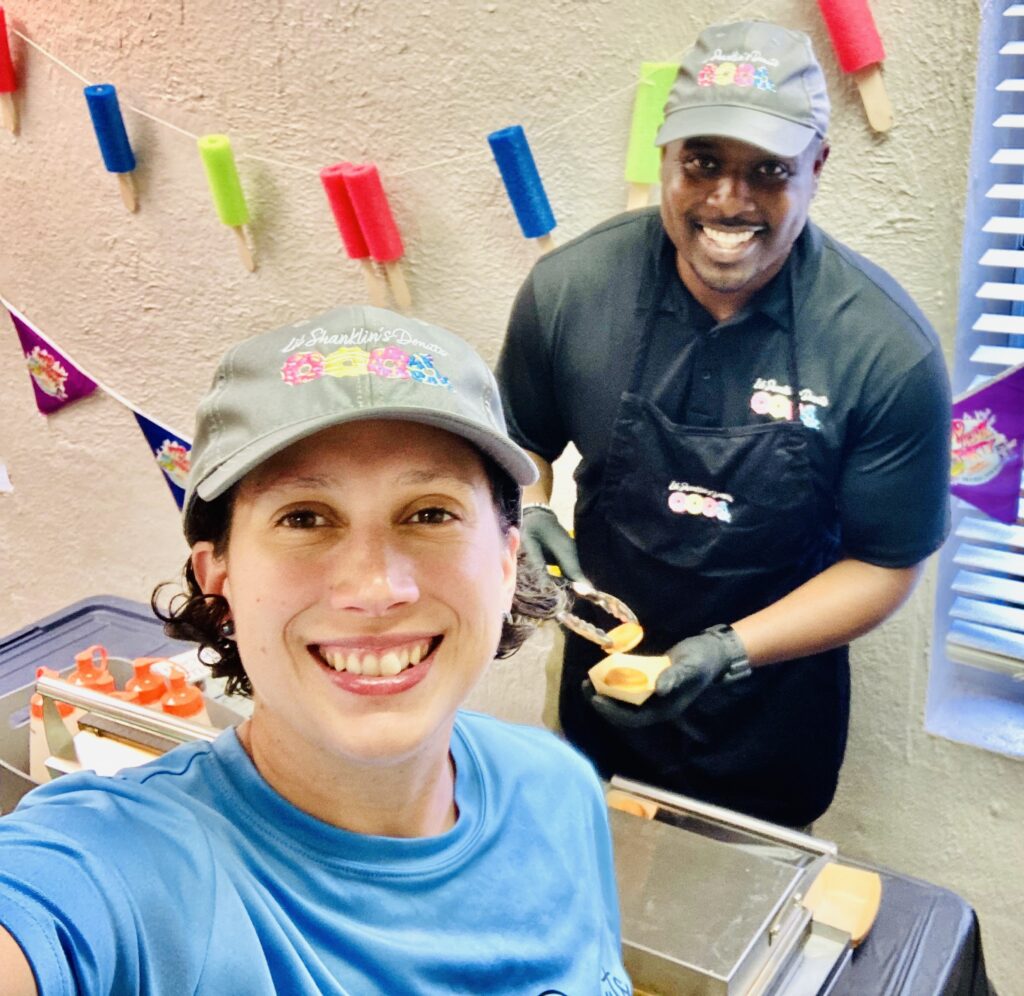In the fast-paced world of today, we are often confronted with the paradox of being “busy.” Is being busy equivalent to being productive or successful? The answer might surprise many. Being busy does not necessarily equate to productivity or success, but being busy productively could indeed be a powerful definition of success. This concept involves directing 100% of our efforts towards the purpose and goals we individually determine and ardently desire to achieve. The essence lies not just in doing what is necessary for survival but also in going the extra mile for our purpose.
Di Tran, the highly esteemed author of inspirational books such as “Drop the Me and focus on the OTHERs” and “Guiding Lights: A journey of courage, compassion, and faith,” beautifully encapsulates this philosophy. His perception of success is steeped in the belief that it is defined by the individual and what they personally aspire to do. Tran’s words echo the sentiment that success lies in the ability to set our own goals and tirelessly work towards them.
Di Tran shares a poignant example of this theory in action, drawn from his personal life. He describes witnessing one of his children, a six-year-old boy, peeling off three different uniforms – soccer, Taekwondo, and Judo – at the end of a long day. Despite having spent eight strenuous hours switching between these disciplines, the boy still yearned to do more. For Tran, this moment was an eye-opener. His child’s unquenchable thirst for activity, learning, and growth was a clear testament to his passion and determination. It was a demonstration of being busy productively.
So, what does it mean to be “busy productively”?
Being busy productively means engaging in activities that lead us closer to our goals rather than merely keeping ourselves occupied. It involves understanding the difference between “busyness” as an act of filling our time, and “productive busyness” as a strategy of investing our time towards meaningful and purpose-driven actions.
Being busy productively means acknowledging the presence of both necessary tasks for survival and the additional endeavors that fuel our purpose. It is about juggling between what needs to be done and what we want to do, maintaining a delicate balance between survival and aspiration.
Being busy productively means being resilient and persistent. It implies harnessing the energy to push through the day, just as Tran’s son did, despite the exhaustion or challenges we may encounter. It’s about having an unwavering spirit, the grit, and determination to persist in our pursuits.
Being busy productively is about knowing our limits but not being afraid to test them. It’s about continuous self-improvement and self-growth. It involves constantly challenging ourselves to learn more, do more, and be more, not out of necessity, but out of an innate desire to fulfill our purpose.
Di Tran’s anecdote of his son’s relentless spirit is a beautiful embodiment of being busy productively. The way his son dedicated himself to his activities, pushing his limits but yearning for more, is a testament to the power of personal purpose and dedication. It serves as an inspiration for all of us to redefine our own notions of success, to aspire to be busy not just for the sake of busyness but to be busy productively. To pursue our passions and purposes with all the dedication and determination we can muster. This, indeed, is a blessing and a manifestation of divine grace. As Di Tran aptly puts it, “God blesses.”

The path to success is not a straightforward journey; it is a winding road filled with peaks and valleys, moments of joy and trials of endurance. But as long as we are busy productively, driven by our self-determined direction and purpose, we are on the right track. We are, in our own unique ways, successful.




















